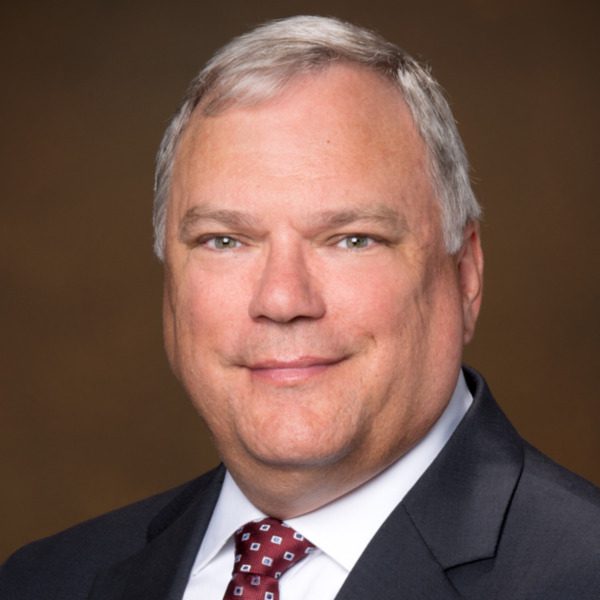There are many aspects of my job as Executive Medical Director that I find rewarding. One activity that I especially enjoy is nurturing the working relationships that the College has with other national and international organizations, whether that means industry, other medical societies, or lay organizations that serve particular groups of allergy and asthma patients. By working with these organizations, we’re able to expand our outreach to the public and within the health care community.
Each year, the College supports several national lay organizations through modest grants that enable the development of meaningful projects. Together with College staff and physician experts, we work with these organizations to help ensure the success of these projects. These organizations have goals and interests that closely relate to ours, yet they have networks and members that are distinct from the College’s. In many cases, these are targeted audiences of patients who have allergic and immunologic conditions (or care for people who do).
College members benefit because these partnership projects widen the circle of those we reach with high-quality information about allergy and immunology conditions and the great work that allergists do. In turn, the organizations are grateful for the College’s support and expertise, which enable them to reach farther and accomplish more than they could alone.
In 2024, we are providing limited financial support for projects implemented by the following lay organizations: Asthma & Allergy Foundation of America (AAFA); Allergy and Asthma Network (AAN); Food Allergy and Anaphylaxis Connection Team (FAACT); Food Allergy Research and Education (FARE); and the National Eczema Association (NEA).
A few examples of these joint projects include:
- Community asthma screenings and bilingual patient education brochures with AAN, as well as pairing up allergists with patients for our annual visit to Capitol Hill to advocate for allergy care.
- A “Digital Online Influencer Summit” with FAACT to strategize about the use of social media to reach new and existing audiences with important messages about food allergies.
- Programs focusing on health equity and food allergy prevention, plus a Food Allergy Summit to raise community awareness, with FARE.
- Expanding the reach and impact of NEA’s Atopic Dermatitis Visual Guide.
- AAFA’s Health Equity Advancement and Leadership (HEAL) initiative to support community-based health interventions tailored to at-risk populations.
The College is fortunate to maintain these partnerships that enable us to put our name on, and add our expertise to, important initiatives and interventions that help our patients. We will continue to work with lay organizations as well as other groups, including medical societies like the American Medical Association and the American Academy of Pediatrics, so that our collective resources may be put to best use for those we serve.

